Data management with Microsoft SQL Server 2012 Standard Device CAL
Microsoft SQL Server 2012 Standard Device CAL is an enterprise licensing option that is limited to a specific number of devices. Device CALs (Client Access Licenses) allow a specific device to access the SQL Server and use its features. Each device requires a separate Device CAL, regardless of the number of users working on the device. Microsoft SQL Server 2012 Standard Device CAL offers businesses a variety of features that allow them to manage and optimize their database environment. These include the ability to analyze, backup, and replicate data, as well as tools for monitoring and optimizing queries. SQL Server also enables businesses to implement OLTP (Online Transaction Processing) and business intelligence capabilities to process data in real time and make decisions based on real-time data. Another important feature of Microsoft SQL Server 2012 Standard Device CAL is support for cloud computing and virtualization technologies. SQL Server allows companies to store and manage their databases in the cloud, giving them more flexibility and scalability. SQL Server also supports various virtualization platforms, allowing companies to run their database environment on virtual machines. Licensing Microsoft SQL Server 2012 Standard Device CAL is simple and straightforward. Companies just need to count the number of devices on which SQL Server is installed and then purchase an appropriate number of Device CALs. Licensing is also scalable, allowing companies to purchase additional CALs and customize their licensing as needed.
Overall, Microsoft SQL Server 2012 Standard Device CAL provides companies with a powerful and flexible database platform that allows them to manage and optimize their database environment. Licensing is simple and scalable, and SQL Server supports a variety of features and technologies that help companies optimize their business processes and make them more effective.
Who is Microsoft SQL Server 2012 Standard Device CAL suitable for?
Microsoft SQL Server 2012 Standard Device CAL is suitable for companies and organizations that require a database platform to meet their business needs. It is particularly suitable for companies that have shared use of devices within the company, e.g. in a factory or office where several employees use the same device.
Here are some categories of companies and organizations that can benefit from Microsoft SQL Server 2012 Standard Device CAL :
- Small and medium-sized businesses (SMBs): The SQL Server 2012 Standard Device CAL is well suited for SMBs that require a centralized database solution that is used by multiple employees.
- Manufacturing facilities: Manufacturing facilities can benefit from sharing equipment to reduce software licensing costs.
- Public institutions: Public institutions can benefit from the ability to share equipment and thereby save costs.
- Educational institutions: Schools and universities can benefit from sharing devices to reduce software licensing costs.
- Non-profit organizations: Non-profit organizations can benefit from the ability to share equipment and thereby save costs.
Overall, Microsoft SQL Server 2012 Standard Device CAL is a good choice for companies and organizations that need a centralized database solution that is used by multiple employees on a shared device.
Hardware requirements for Microsoft SQL Server 2012 Standard Device CAL
The hardware requirements for Microsoft SQL Server 2012 Standard Device CAL may vary depending on the size and requirements of the database.
In general, however, Microsoft recommends the following minimum requirements:
- Processor: 1.4 GHz or faster, 64-bit processor
- RAM: 1 GB (for 32-bit systems) or 2 GB (for 64-bit systems)
- Hard disk space: 6 GB or more available space
- Operating system: Windows Server 2008 R2 SP1, Windows Server 2012 , Windows Server 2012 R2, Windows 7 SP1, Windows 8 or Windows 8.1
- Network adapter: at least one Gigabit Ethernet connection
However, it should be noted that these minimum requirements are for smaller databases, and that larger databases with a higher number of users or a larger amount of data may require additional hardware to ensure optimal performance.

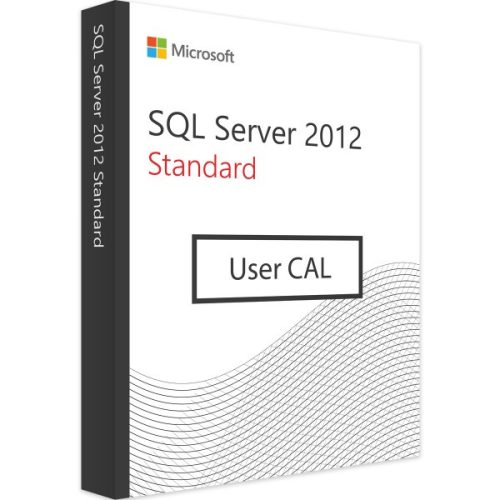
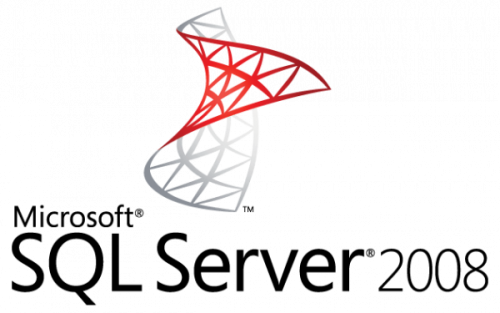
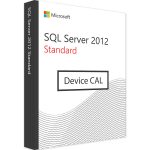
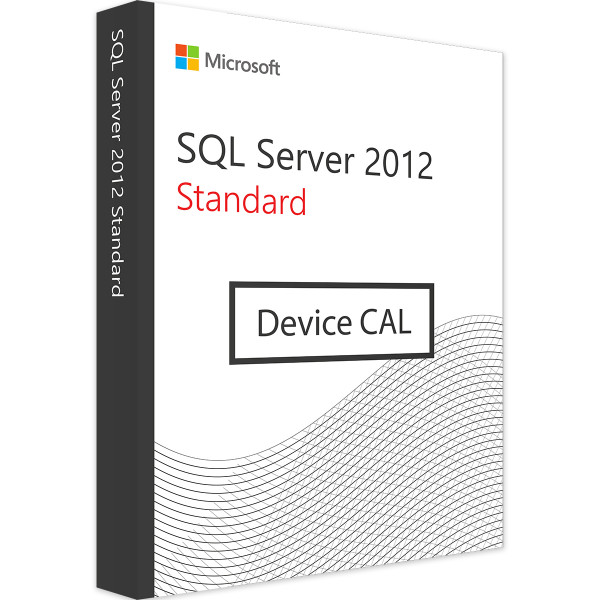
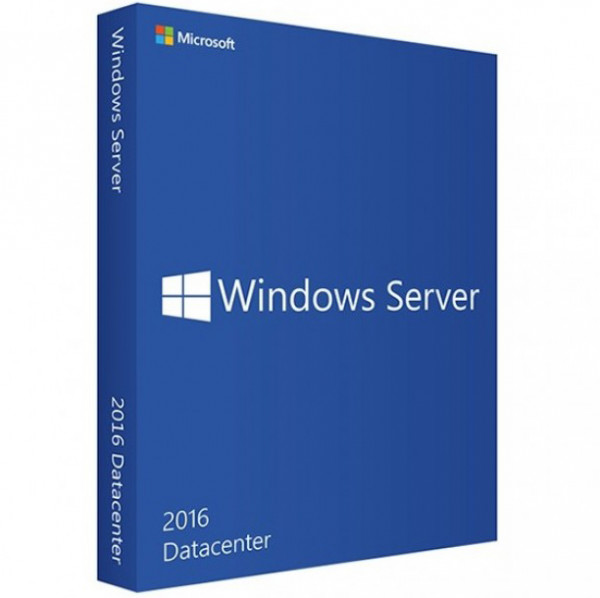
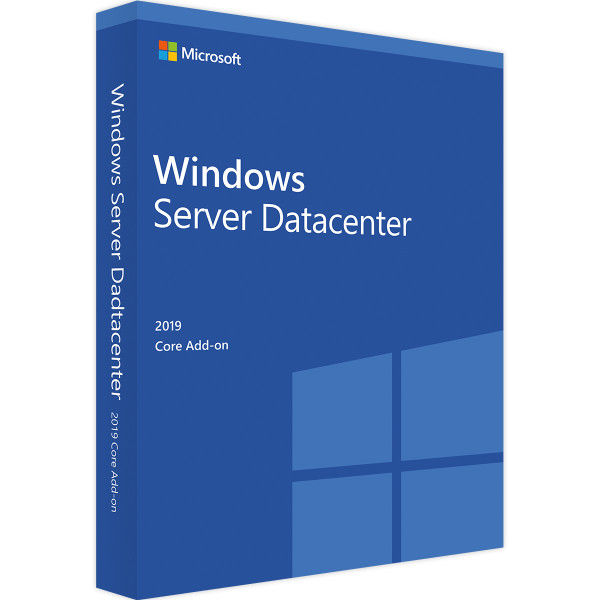
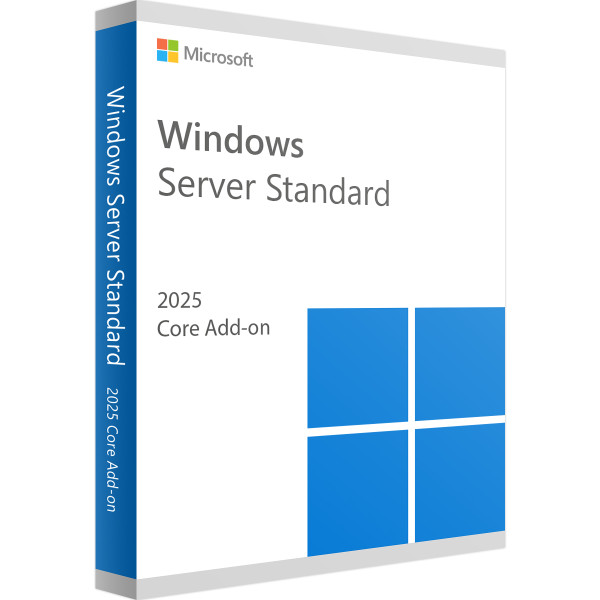
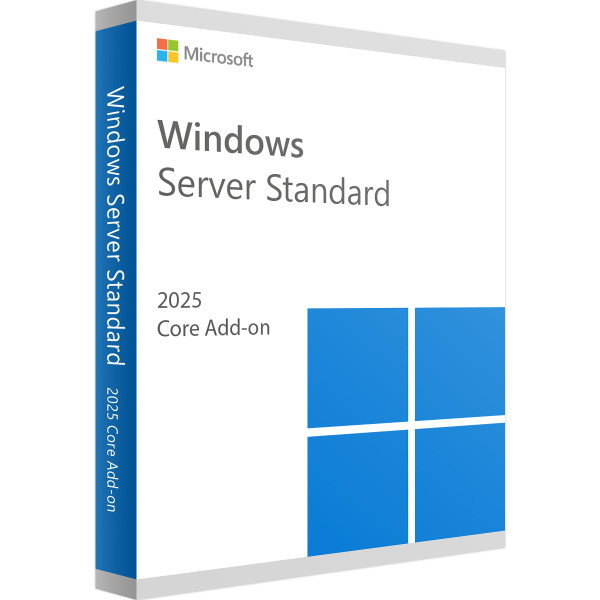
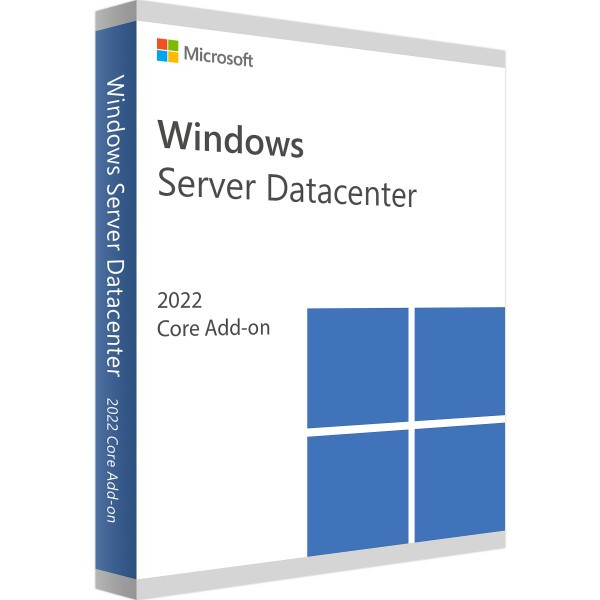
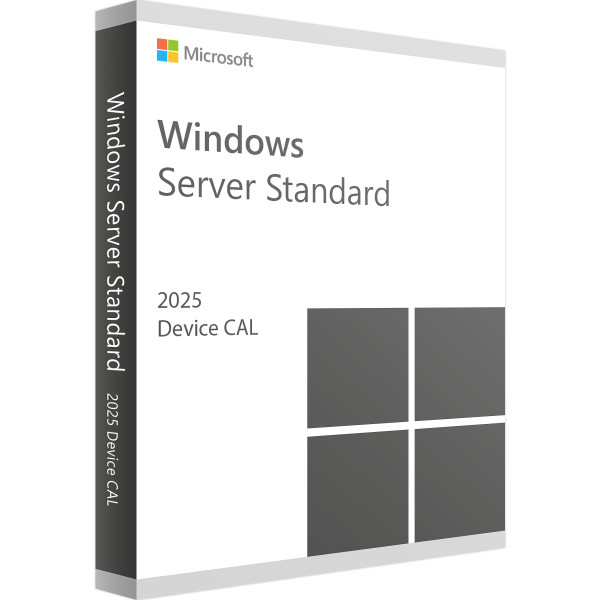
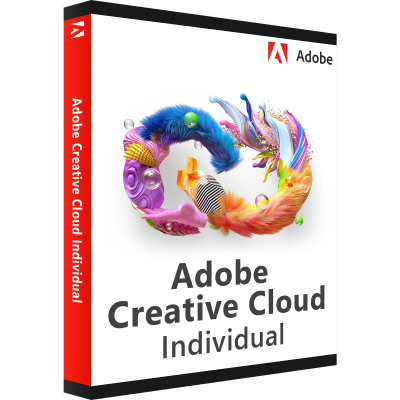
Reviews
Clear filtersThere are no reviews yet.